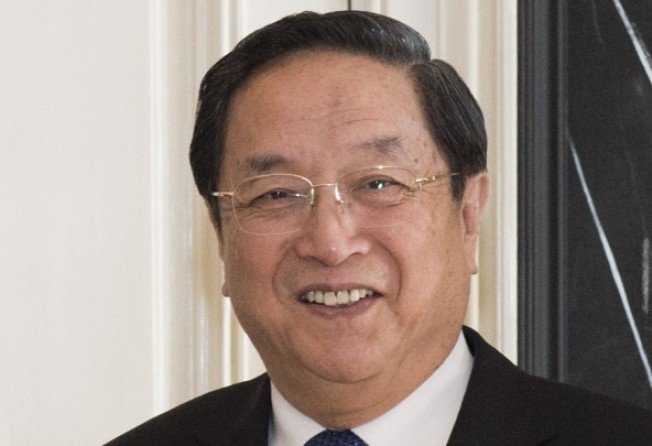Who's a real patriot? Who cares!

This "patriot" word game is getting tiresome. But it should at least have ended for now with the June 4 vigil that was held last week when organisers were forced by "self-autonomy" activists to drop any mention of it in their slogans.
The row over the word dates back to March when top mainland officials such as Yu Zhengsheng and Qiao Xiaoyang said any future chief executive candidates in a democratic election must "love the country, love Hong Kong". This was contrasted with those who would confront the central government, presumably the pan-democrats.
A simple message: you want to have democracy and run Hong Kong, you must not confront the central government. Many Hong Kong people are pragmatic enough to know exactly what that means. Unfortunately, the word patriotism got all the press time.
When Deng Xiaoping first raised this "love the nation" formula in the mid-1980s, he meant under "one country, two systems", you did not need to love the socialist system. The message from Yu, Qiao and others does not depart from Deng's.
No mainland officials have claimed that "love the Communist Party/central government" - or equating the central government with the nation - is a prerequisite for being a patriot in Hong Kong. By and large, they have respected what may be called one country, two propaganda systems. But surely even Deng didn't mean Hongkongers could confront the socialist system, only not love it!
Some pan-democrats have waxed indignant that loving the country doesn't mean loving one-party rule. Yes, but no one has ever said it does, at least not in Hong Kong.
Mention patriotism and you automatically invite criticism. The word adds nothing to our political debate, only confusion.
This is what I think the debate is really about: the pan-democrats have legitimately demanded full democracy. Beijing has legitimate concerns about having anti-communist forces or an elected government in Hong Kong that would confront or subvert it. Both sides can point to the Basic Law for support. Here's a grand bargain: free and fair universal suffrage in exchange for the full implementation of the national security and anti-subversion law under Article 23.
That's a bargain.